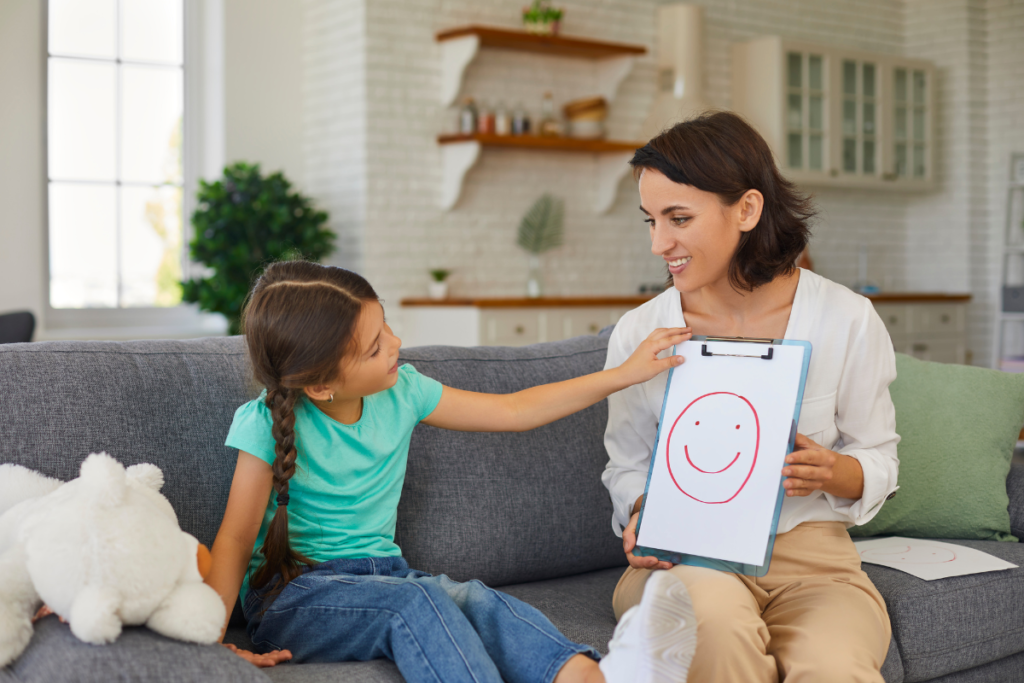The grace with which you present yourself has a major impact on other people’s perceptions of you. This grace comes from self-awareness—your ability to understand and manipulate your behaviour and reactions.
Self-regulation also entails the ability to produce appropriate behavioural and sensory responses to input in various situations and daily routines, as well as the ability to show self-control: the ability to monitor and control behaviour, attention, motor output, emotions, and social interactions.
Self-regulation can be a very difficult to master as it involves high cognitive functions such as attention, inhibition, and modification of thoughts. This can be particularly difficult for children and people who are diagnosed with disorders like ADHD and autism.
Know How can help you with this dilemma; we provide cognitive training in Abu Dhabi with specialised individuals who have been working in this field for more than a decade.
In this article, we will be discussing various techniques for developing self-regulatory behaviour.
Techniques to improve self-regulatory behaviour
Games are friends, not foes
Games provide a large amount of mental stimulation to the child. To win, the kid must sort through these stimulations and focus on the important questions; this helps them develop skills such as selective attention, self-regulation, etc.
Know How uses a device called Pay Attention to provide similar training to kids. The device includes various games where kids must develop their visual tracking skills for moving objects on the screen or activities they must take to succeed in the game.

Journaling
Kids and even adults, at times, tend to have a lot of thoughts and questions running through their heads. Not sorting them out can lead to the loss of great ideas. Journaling is an easy solution; it helps the kid understand every one of their inquiries, ideas, and connections.
Journaling also provides them with a sense of routine and helps develop discipline and self-regulation.
Use Literature
Stories are the best teachers; they work well to engage the listener and imprint the message on their mind for a longer period of time. Good literature can change the reader’s value system.
Organisations providing cognitive training in Abu Dhabi use picture books as a way to teach kids; you can do the same. Whatever books you select, be sure to draw attention to the self-regulation skills and talk about how each character employs them, as well as how it pertains to the lives of your pupils.
Develop routines
While many of these tactics are aimed at the student, educators can also play a significant role in establishing successful routines. Think about the particular areas in which your student is having trouble and make a list of the routines and techniques you may use there.
Pay extra attention to the kids who are struggling and provide them with the necessary help.
Engage in professional courses
Courses that specifically address these abilities can most likely be beneficial for some students who struggle with self-regulation. Many organisations provide cognitive training in Abu Dhabi. These courses are taught by professionals who are specially trained to address self-regulatory behaviour.

Conclusion
For many kids, self-control can be a difficult skill to master but worry not. Know How has included a new way of doing cognitive training in Abu Dhabi, using techniques such as play attention and many more. Contact us to learn more about the course.
Author






